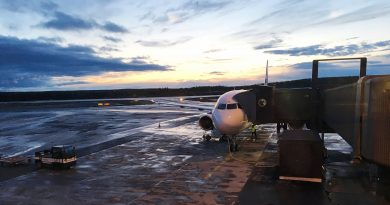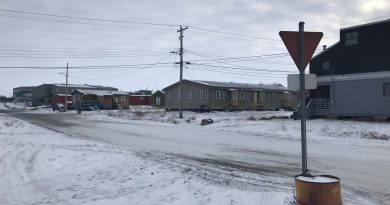On 6th anniversary of Canadian commission into residential schools, Inuit org calls for action
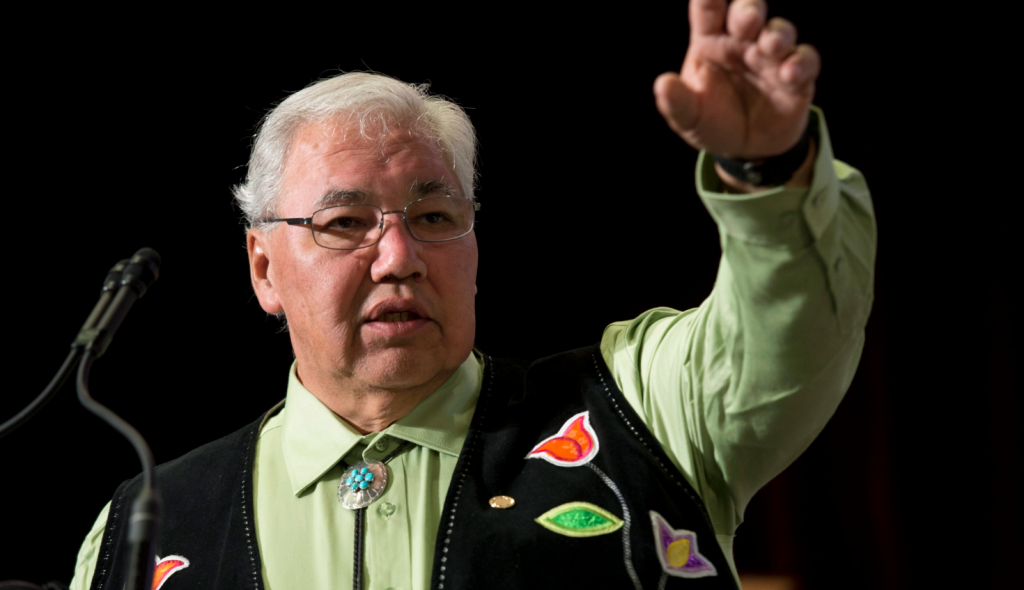
The 94 calls to action outlined by the commission into Canada’s residential school system were released on June 2, 2015.
And on Wednesday, the sixth anniversary, the national Inuit organization in Canada underlined the need for concrete action, saying last month’s discovery of the unmarked graves of 215 children on the grounds of a former residential school made this a particularly painful time for many Indigenous Canadians.
“Our hearts go out to the victims, their families, and their communities,” Inuit Tapiriit Kanatami (ITK) said in a news release on Wednesday.
“Across Inuit Nunangat [the four Inuit regions in the North] and Canada, Inuit mourn anew with First Nations and Metis as this atrocity comes to light in stark detail.”
The site of the remains was made public on May 27 by the Tk’emlúps te Secwépemc First Nation in the western Canadian province of British Columbia after ground penetrating radar confirmed the finds.
The survey was done on the former site of the Kamloops Indian Residential School.
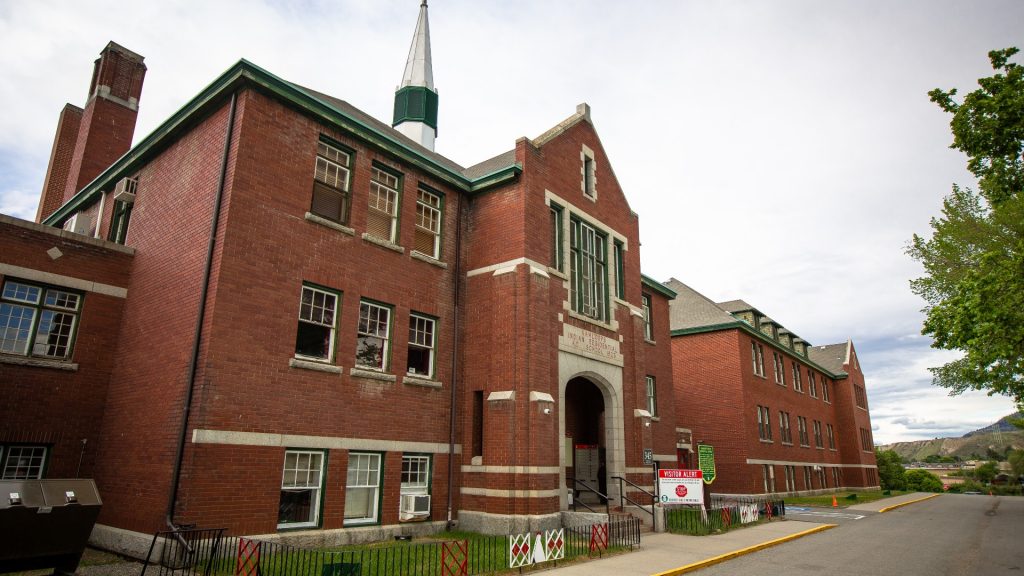
(Andrew Snucins/ The Canadian Press)
“The news has opened wounds for many Inuit,” ITK said.
“Grief is a natural response. So is anger. The truth should affect us. It should change us. It should change Canada as we know it. Inuit and all Indigenous peoples live this truth every day. We continue to walk the path towards reconciliation but it is a difficult road.”
The history of residential schools in Canada dates back to the 1800s.
Inuit and First Nations children were sent to the federally funded, primarily church-run schools, far from their communities and their cultures, and often against the wishes of their families.
The goal was to assimilate the children into European culture and abuse was rampant in many of the institutions. The last residential schools were closed in Canada in the 1990s. Many of the social problems in Indigenous Canadian communities have been traced back to the trauma suffered by children who passed through the schools.
Over 130 of the institutions were located across Canada and more than 150,000 Inuit, Métis and First Nations children passed through the residential school system, found the Truth and Reconciliation Commission, a body set up as part of the Indian Residential Schools Settlement Agreement, a class action settlement set up to help former students.
‘We are not there yet’
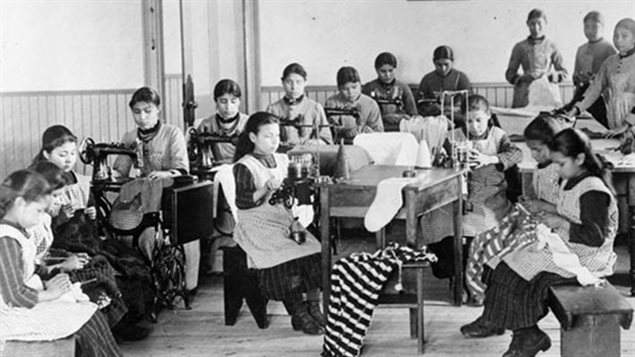
Among the 94 recommendations outlined by TRC included:
- Implement the United Nations Declaration on the Rights of Indigenous Peoples (UNDRIP)
- National inquiry on missing and murdered aboriginal women
- An annual report from government on aboriginal affairs and reconciliation
- Action on tackling the over-representation of aboriginal people in the justice system
- Improve the health outcomes for aboriginal Canadians
- A royal proclamation of reconciliation by the Crown
ITK said there’d been some progress on the recommendations including the completion of a national inquiry into missing and murdered Indigenous women and girls (known in Canada as MMIWG, as well as the Canadian government’s introduction of legislation in 2020 to implement UNDRIP.
If eventually passed by Parliament, the Bill C-15 would require the law in Canada to be consistent with the rights set out in UNDRIP, which was adopted by the United Nations in 2007 and includes 46 articles that affirm the rights of Indigenous peoples.
ITK said the incremental action is positive but that much more needs to be done to move towards full reconciliation.
“We are not there yet,” ITK said.
“We are still rebuilding relationships that will help us move forward through partnership and mutual respect. We are still demanding action. All Canadians must demand action as well.”
Write to Eilís Quinn at eilis.quinn(at)cbc.ca
Related stories from around the North:
Canada: Reconciliation means doing business differently in Canada, northerners say, Eye on the Arctic
Finland: Sami Parliament in Finland agrees more time needed for Truth and Reconciliation Commission preparation, Eye on the Arctic
Norway: Can cross-border cooperation help decolonize Sami-language education, Eye on the Arctic
Sweden: Sami in Sweden start work on structure of Truth and Reconciliation Commission, Eye on the Arctic
United States: Alaska reckons with missing data on murdered Indigenous women, Alaska Public Media

